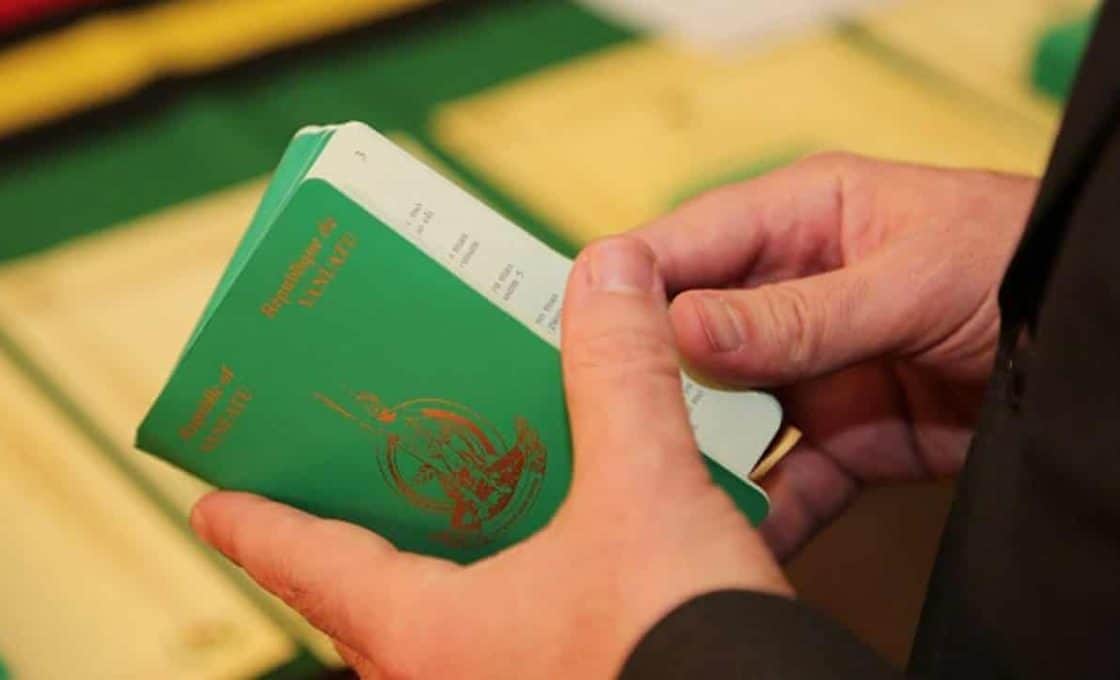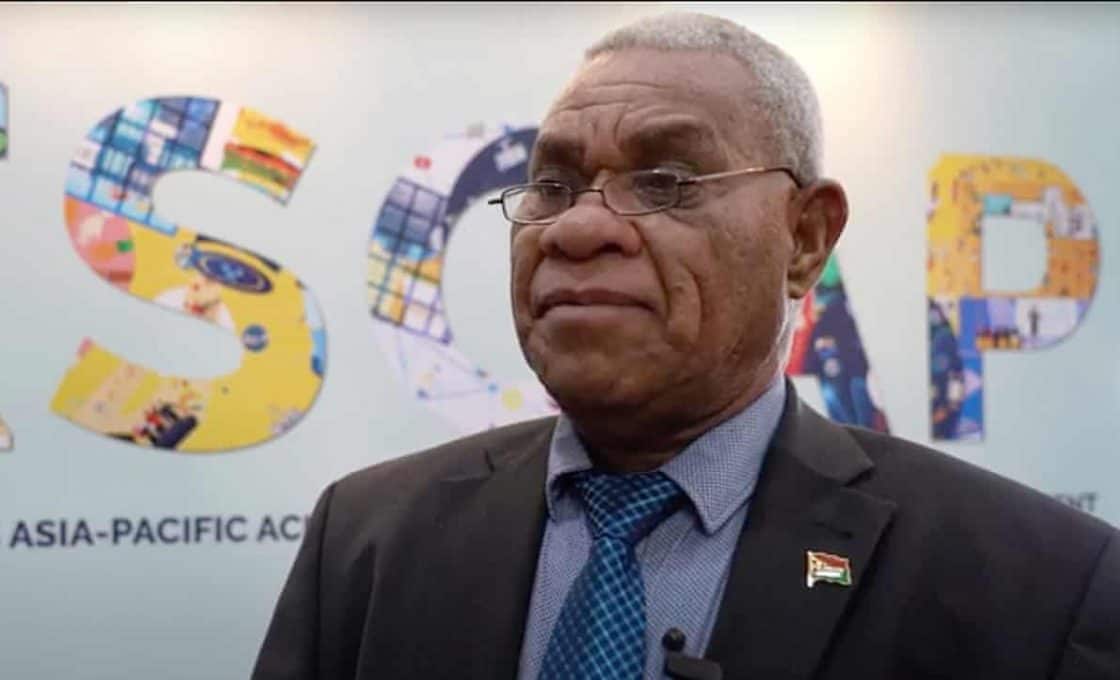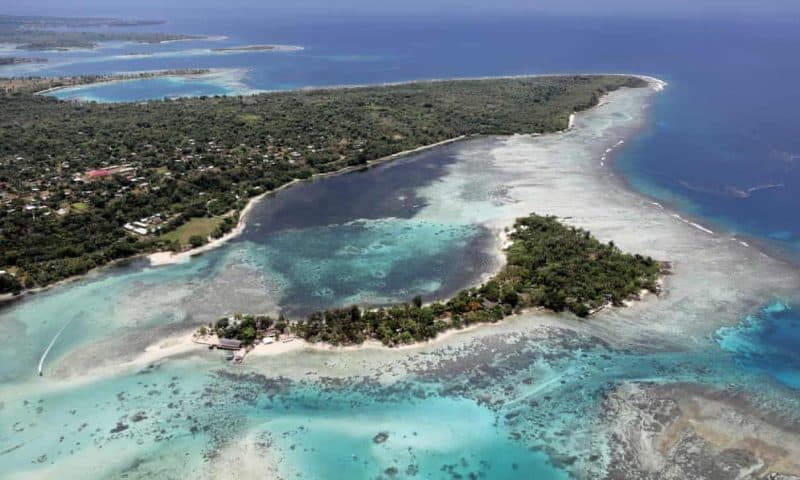Economy devastated by Covid shutdowns and a destructive cyclone, but citizenships-for-sale are keeping the country afloat
Surging demand for Vanuatu passports has driven an unexpected record surplus, funding Covid-19 bailout packages and cyclone recovery.
With nearly every other sector of its fragile economy reeling from the twin crises of pandemic lockdowns and April’s category five Cyclone Harold, Vanuatu nonetheless managed to turn a 3.8bn Vanuatu Vatu (US$33.3m) surplus in the first half of 2020.
Its controversial citizenship-for-sale programmes account for nearly all of that.
The government’s half-year economic and fiscal update cites a 32% year-on-year increase in citizenship-related revenues.
To the end of June, the government had collected US$62.6m, nearly 80% of the programme’s projected income for the entire year.
And passport sales are still accelerating. Citizenship commission chairman Ronald Warsal told the Vanuatu Daily Post revenues had climbed above US$84.6m by mid-August, exceeding, already, the annual projection.

Vanuatu citizenship costs US$130,000. About $80,000 goes directly to the government: the remainder stays with the agent, who must be a born or naturalised Vanuatu citizen, and who pays a 15% tax on their revenues.
The figures suggest at least 650 people have received Vanuatu citizenship under the programme since the beginning of the year.
Vanuatu passports are sought-after because they allow visa-free access to the EU, the UK, Russia, Hong Kong, and other states that are otherwise hard to visit for some nationalities.
Pre-pandemic immigration data shows that even when borders were open, very few people used their new citizenship to actually take up residence in Vanuatu.
But among the new citizens who did travel to Vanuatu, a few have gained notoriety.
Four Chinese nationals had their citizenship summarily stripped when they were discovered to have been the subject of an Interpol red notice.
Along with two others whose citizenship applications were still pending, they were arrested in Vanuatu, held incommunicado for a week, and extradited to China over allegations they were involved in PlusToken, a cryptocurrency-related operation Chinese authorities allege is a massive Ponzi scheme.
Prime minister Bob Loughman’s Vanua’aku party had made a campaign promise to review the citizenship programme.
After his election in March, Loughman appointed Warsal, a former MP in his ruling party, as chair of the citizenship commission.
Warsal began the review in May, and announced that citizenship revenues were essential to the government, providing it with the funds to combat the Covid-19 pandemic and to cope with the damage wrought by Cyclone Harold, which devastated seven islands, and affected more than 100,000 people in April.
Before 2020, tourism and related services accounted for much of the commercial activity in the two largest cities, and a third of people in formal employment: those industries were instantaneously reduced to near-zero by coronavirus shutdowns.
The damage wrought by Harold has been estimated at up to US$100m.
Following the government’s announcement of its commitment to the scheme, the number of agents licensed to sell passports more than doubled. More than 90 licence holders are listed on the citizenship commission website as agents for the Vanuatu development support program.

Since visa programs began in 2016, Vanuatu has accumulated unprecedented cash reserves that have allowed the government to clear the bulk of its domestic debts, and pay back some external debts more rapidly. Earlier this year, the department of finance paid down about US$13m in Chinese debt ahead of schedule.
And the government’s Covid-19 bailout package was made possible by its relatively large cash reserves.
Public opinion has run fiercely against the citizenship-for-sale programmes in the past. But opposition has moderated somewhat lately, mitigated perhaps by the government’s argument it is these programs keeping the economy afloat.

